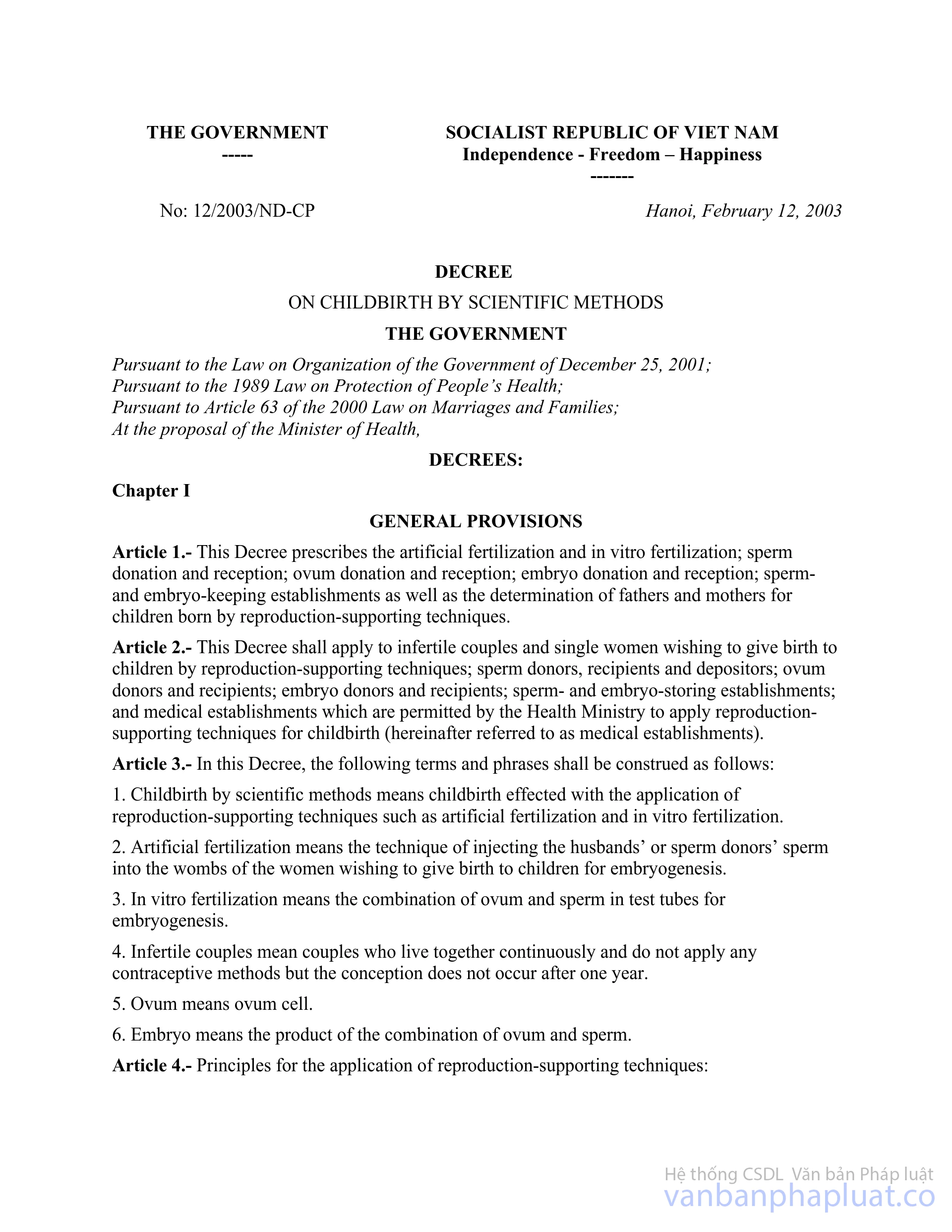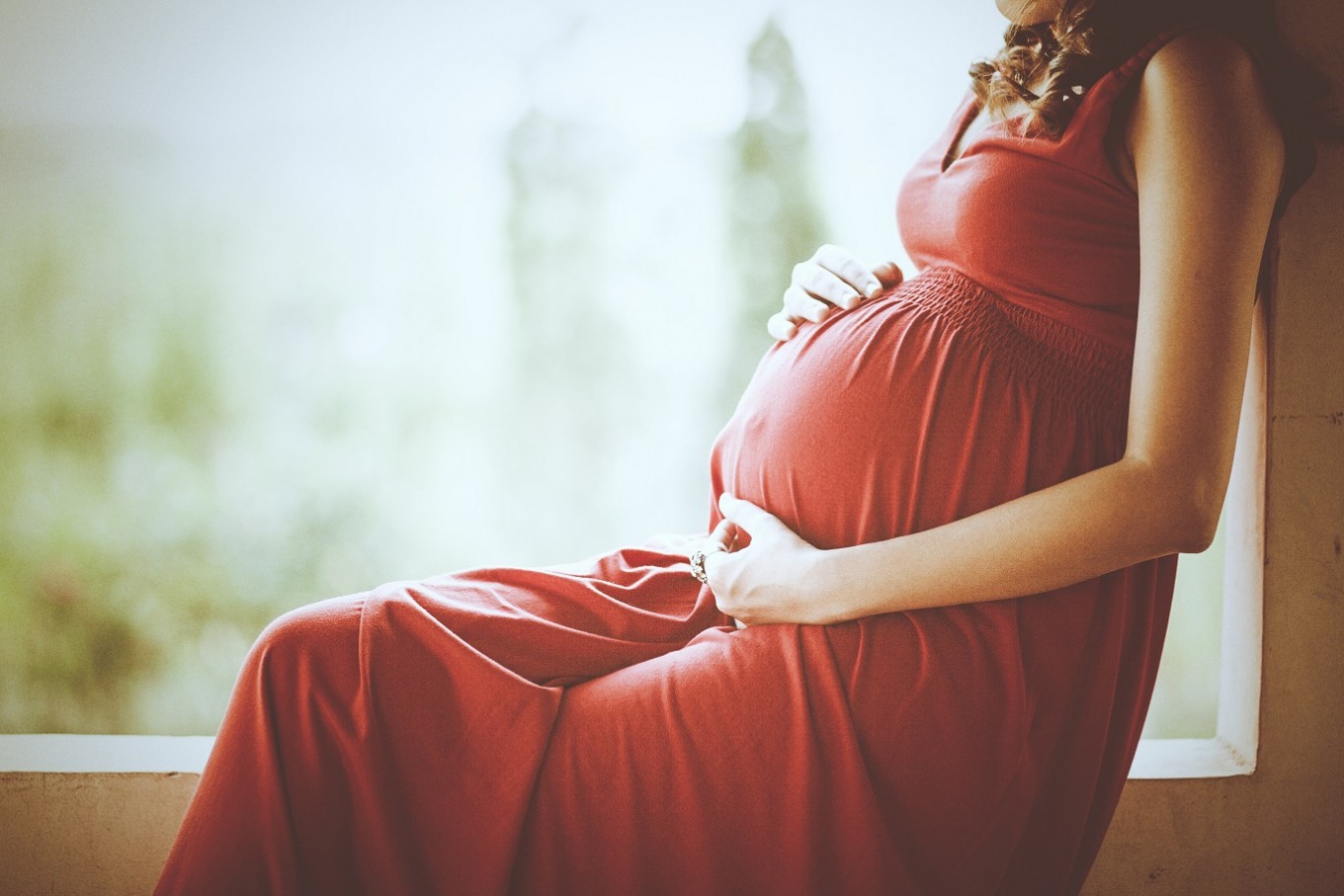Angelica Cheng
Active Member
Please click on the following link to see strict regulation of Egg Donation in Thailand. Do take note that prospective egg donors must have the same nationality as the egg recipient.
Egg donations are legal in Thailand; however, commercial egg donation is not (egg donation for profit is prohibited in Thailand).
Egg donor recipients are not allowed to receive eggs from more than one donor per treatment.
The patient requiring egg donation will need to provide her marriage certificate, and her husband must sign a letter of consent. The egg donor must also sign a letter of consent.
Egg donor qualifications include:
Fertility-IVF Clinic | Bumrungrad Hospital Bangkok Thailand
Bumrungrad Hospital in Bangkok, Thailand helps for couples using modern methods including hormone therapy, intrauterine insemination, IVF and ICSI.
www.bumrungrad.com
Egg donations are legal in Thailand; however, commercial egg donation is not (egg donation for profit is prohibited in Thailand).
Egg donor recipients are not allowed to receive eggs from more than one donor per treatment.
The patient requiring egg donation will need to provide her marriage certificate, and her husband must sign a letter of consent. The egg donor must also sign a letter of consent.
Egg donor qualifications include:
- Must be 20-35 years of age
- Pass a physical and mental health assessment
- Must have the same nationality as the egg recipient
- Spouse of the egg donor must sign a letter of consent
- Has not donated eggs more than 3 times in her lifetime
- Egg donor information will be documented for 20 years
Last edited:



